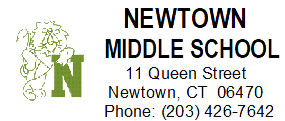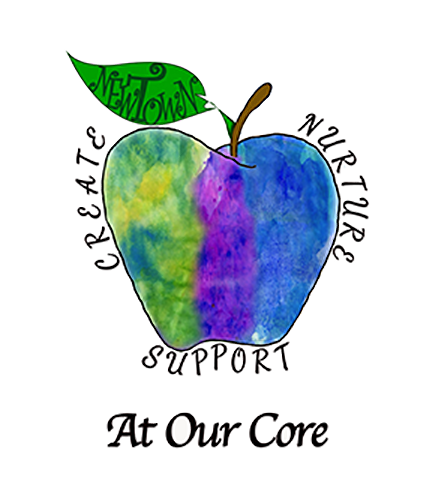Counseling Department
Welcome To the School Counseling Office
Counseling Office Secretary: Lisa Petrovich
203-426-7644
Our mission in the School Counseling Office is to provide a safe and open environment for discussion and processing of social emotional, family and academic issues. We provide immediate, short and long term care and intervention for a variety of social emotional, and academic needs.
Counseling Office Secretary: Lisa Petrovich
203-426-7644
Our mission in the School Counseling Office is to provide a safe and open environment for discussion and processing of social emotional, family and academic issues. We provide immediate, short and long term care and intervention for a variety of social emotional, and academic needs.
*We believe that communication and consistency are the keys to success.*
Tina Broccolo - 7 Red, 8 Purple
Tanya Hague-Doehr - 7 Green, 7 Orange
Marisa Stepanovic - 8 Blue, 8 Gold
Departments

